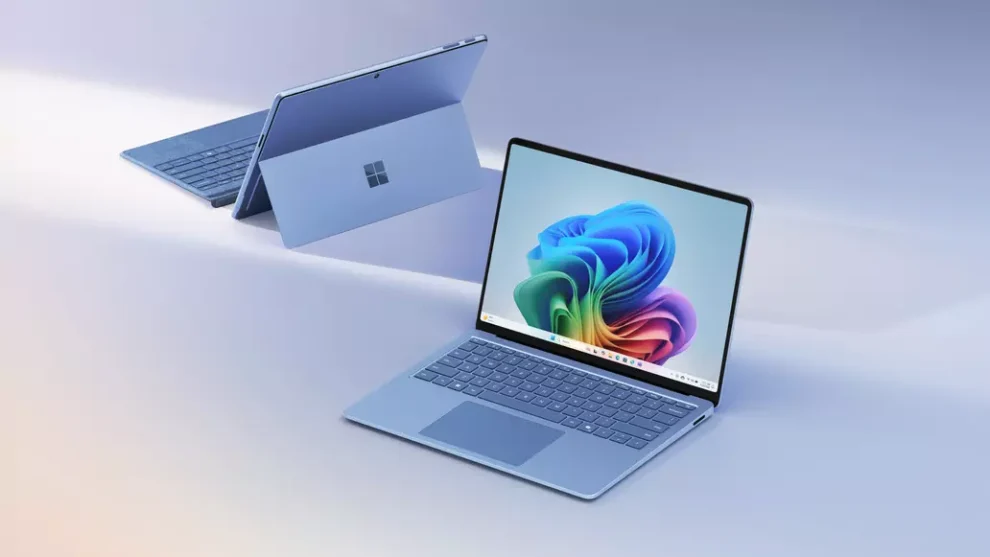The Unveiling of Recall
At Microsoft’s Build event, the tech giant unveiled its latest innovation: the “Recall” feature for Copilot+, a new generation of powerful PCs. Touted as a revolutionary AI tool, Recall promises the ability to search and access everything you’ve ever done on your computer using natural language queries. While the prospect of supercharged search capabilities is undeniably appealing, the announcement sent shockwaves through the tech community, sparking intense debates over privacy and security implications.
The Scope of Recall
Before delving into the concerns surrounding Recall, it’s crucial to understand its scope. Contrary to the initial panic, Recall is not a feature destined for every Windows PC. Instead, it is specifically designed for the upcoming Copilot+ line, a series of machines boasting powerful Neural Processing Units (NPUs) with a minimum of 40 teraflops of processing power. These cutting-edge devices, set for release on June 18, 2024, are not your average home computer.
If you’re using a standard Windows PC, laptop, or even a pre-built machine without an NPU, you can breathe a sigh of relief. Recall won’t be coming to your device anytime soon.
The Power of Recall
For those planning to purchase a Copilot+ PC, Recall’s capabilities are both impressive and concerning. The feature functions by periodically capturing screenshots of your entire screen, recording all application activity. This data is then stored locally and analyzed by an AI that indexes it for future searches.

The benefits are undeniable. Imagine needing to find a specific document you worked on weeks ago, but you can’t remember its name or location. With Recall, a simple query like “find the spreadsheet with the budget report” could unearth it instantly, streamlining your workflow and boosting productivity.
Privacy and Security Concerns
However, the privacy and security implications of Recall cannot be ignored. Here’s a breakdown of the main arguments:
- Privacy Intrusion: The very idea of a program capturing everything you do on your computer is unsettling. Sensitive information like emails, passwords, and financial documents could all be stored within the Recall database, potentially exposing your digital life to unwanted scrutiny.
- Hacking Vulnerability: Security experts warn that a compromised Recall system could be a goldmine for hackers. Imagine a scenario where malware extracts sensitive data from your Recall database, exposing your entire digital footprint.
- Ethical Concerns: The implications of such a powerful AI tool raise ethical questions. Who owns the data collected by Recall? How will Microsoft use this information in the future? These questions demand transparent and satisfactory answers from the tech giant.
Microsoft’s Assurances
In response to the mounting concerns, Microsoft maintains that Recall prioritizes user privacy. The company emphasizes that the data remains entirely local on the user’s device and doesn’t require an internet connection to function. Additionally, they’ve assured users that exclusion lists can be created to prevent specific applications from being monitored by Recall.
Disabling Recall: Possibilities and Uncertainties
While the official release of Copilot+ PCs is still a few days away, Microsoft has provided some insights into how users might be able to disable Recall if they choose to do so. However, it’s important to note that these are merely speculations based on past practices, and the exact implementation remains to be seen:
- Settings Menu: There might be a dedicated toggle switch within the Windows Settings menu specifically for Recall.
- Group Policy Editor (For Advanced Users): For those comfortable with advanced system settings, Microsoft might offer a way to disable Recall through the Group Policy Editor.
It’s crucial to wait for the official release of Copilot+ PCs to confirm the exact method for disabling Recall, as well as any additional privacy and security measures implemented by Microsoft.
The Bottom Line: Balancing Innovation and Trust
The furor surrounding Recall highlights the ever-growing tension between technological advancement and user privacy. While the potential benefits of a supercharged search tool like Recall are undeniable, the security risks and ethical concerns cannot be ignored.
For those considering a Copilot+ machine, it’s crucial to remain vigilant about software updates, security practices, and the evolving privacy landscape. Microsoft has a significant responsibility to alleviate privacy concerns and ensure the security of this powerful tool, fostering user trust in the process.
The future of AI-powered features like Recall is bright, but only if tech giants like Microsoft prioritize responsible implementation and transparent communication with their user base. As consumers, it’s our duty to stay informed, hold companies accountable, and advocate for ethical practices that safeguard our digital rights.
















Add Comment